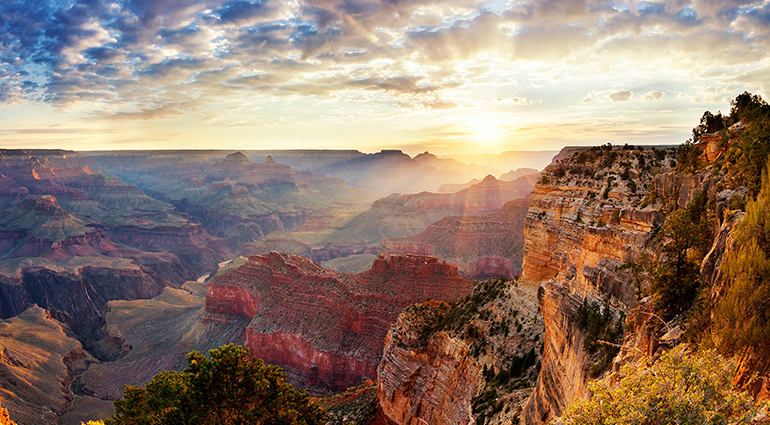It Is Amazing!
Let the whole earth be filled with His glory. Amen and Amen. Psalm 72:19
In our natural state, we all fall short of it (Romans 3:23).
Jesus was the radiance of it (Hebrews 1:3), and those who knew Him saw it (John 1:14).
In the Old Testament, it filled the tabernacle (Exodus 40:34–35), and the Israelites were led by it.
And we are promised that at the end of time, heaven will shine with it in splendor so great there will be no need for the sun (Revelation 21:23).
What is the “it” in all those statements above?
“It” is the glory of God. And He is amazing!
Throughout the Bible we are told that we can enjoy glimpses of God’s magnificent glory as we dwell on this earth He has created. God’s glory is described as the external display of His being. Because we cannot see God, He gives us clear pictures of His presence and His work in things like the majesty of the universe, the greatness of our salvation, and the presence of the Holy Spirit in our lives.
Today, look for God’s glory—for the evidence of His greatness. You’ll see it in nature’s beauty, a child’s laughter, and the love of others. God still fills the earth with His glory.
How have you seen God’s glory in your life recently? Share it on our Facebook page at Facebook.com/ourdailybreadministriescanada.
INSIGHT
In picturesque language, John describes the New Jerusalem descending as a bride prepared for her husband. The beauty of the bride is derived from a single source: God’s glory. The brilliance of the city “was like that of a very precious jewel, like a jasper, clear as crystal” (Revelation 21:11, emphasis added). The text doesn’t say that the new Jerusalem will be made from those precious stones, but that the glory of God will make the city shine like those gems. The brilliance of God’s glory gives light to the city (v. 23). In other words, God’s presence—His glory—enables the inhabitants of the city to see, both physically and spiritually. In the New Jerusalem, we will be guided by the light of God’s glory.





